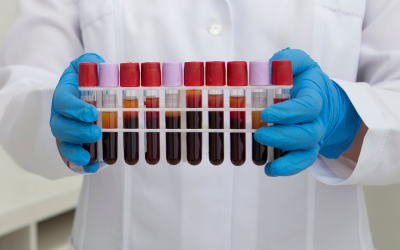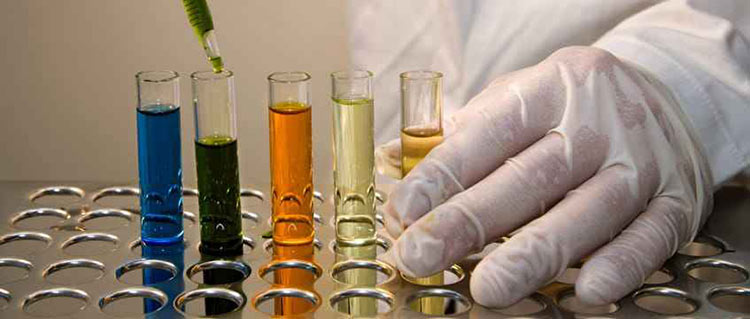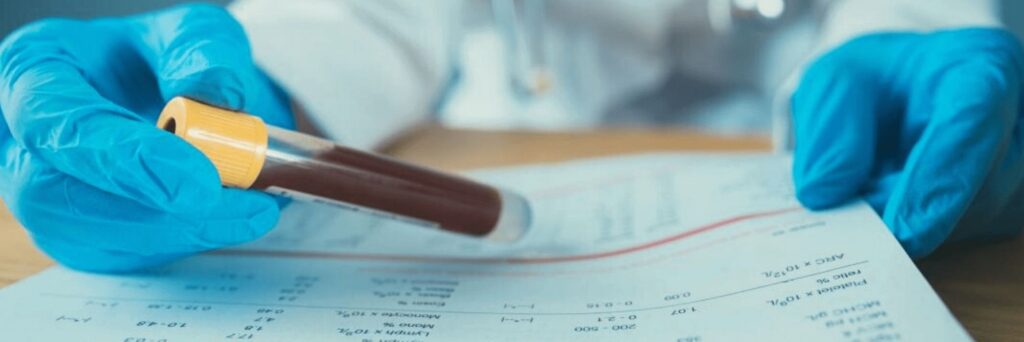Introduction
Electrolyte analysis instruments are instruments used to detect potassium ions, sodium ions, chloride ions, ionic calcium and lithium ions from samples. Samples can be whole blood, serum, plasma, urine, dialysate and hydration fluid. Electrolytes are essential chemicals in the body that play an important role in maintaining normal physiological function and balance in the body. Therefore, electrolyte analyzers play an important role in clinical medicine, disease diagnosis and treatment.
An electrolyte analyzer is an instrument used to analyze the concentration of ions in an aqueous solution. It is composed of components such as the host, electrodes and micro-pressure sensors, and uses electrochemical principles for measurement, which makes the operation convenient and fast, and improves the user experience. At the same time, the electrode is one of the core components of the electrolyte analyzer, which has the advantages of high precision, wide linear range, and long service life, and can achieve high-precision measurement.
Functions Of Electrolyte Analyzers
Electrolyte Measurement: The primary function of an electrolyte analyzer is to accurately quantify the levels of specific electrolytes in a given sample. This information aids healthcare professionals in diagnosing and managing conditions like electrolyte imbalances, kidney diseases, and metabolic disorders.
Rapid Results: Electrolyte analyzers are known for their rapid processing of samples, providing timely results that are crucial for immediate clinical decisions. This quick turnaround time is especially important in critical care settings.
Comprehensive Testing: Modern electrolyte analyzers can measure multiple electrolytes simultaneously, offering a comprehensive assessment of a patient’s electrolyte status. This comprehensive data helps clinicians make more informed treatment choices.

Classification Of Electrolyte Analyzers
Electrolyte analyzers can be divided into semi-automatic electrolyte analyzers and fully automatic electrolyte analyzers according to the degree of automation; they can be divided into wet electrolyte analyzers (commonly used in clinical practice) and dry electrolyte analyzers according to their working methods; they can also be divided into :
1.Traditional Electrolyte Analyzer
This is a relatively traditional electrolyte analysis instrument, usually used in clinical and scientific research laboratories and other occasions. This instrument can measure multiple electrolytes at the same time, such as sodium, potassium, chloride, calcium, magnesium, etc., with accurate and reliable measurement results and easy operation. However, due to its large size and inconvenient movement, it is generally only used in fixed places.
2.Micro Electrolyte Analyzer
The miniature electrolyte analyzer is small in size and can measure a variety of electrolytes. It is not only suitable for clinical and scientific research laboratories, but also for the testing of some tiny samples. Compared with the traditional type, it not only reduces the volume, but also applies to occasions with high requirements for rapid detection.

3.Portable Electrolyte Analyzer
Portable electrolyte analyzers are more portable and easy to carry. This instrument is generally used in field and mobile detection and other occasions, and has the advantages of easy operation and testing anytime and anywhere. At the same time, some portable electrolyte analyzers can also measure the concentration of electrolytes online, which has the advantage of real-time performance.
4.Continuous Electrolyte Analyzer
The continuous electrolyte analyzer is a relatively advanced electrolyte analysis instrument, which can continuously monitor the electrolyte in liquid or gas in real time, and is widely used in electric power, metal smelting and other industrial fields. At the same time, the continuous electrolyte analyzer has strong data processing capabilities and can realize functions such as remote control and automatic alarm.
Application Scenarios Of Electrolyte Analyzers
1.In the medical field, electrolyte analyzers are used to detect the ion content in biological fluids such as blood, urine, and cerebrospinal fluid of patients to evaluate the health status of patients. For example, in intensive care units and operating rooms, physicians need to monitor a patient’s electrolyte levels to ensure that the patient’s vital signs are within safe limits.
Emergency Departments: Electrolyte analyzers in emergency departments play a crucial role in assessing patients with critical conditions such as dehydration, diabetic ketoacidosis, and electrolyte imbalances caused by trauma or severe illness.
Intensive Care Units (ICUs): ICUs rely heavily on electrolyte analyzers to monitor and manage the electrolyte status of critically ill patients, especially those on life support or undergoing complex medical interventions.

Routine Clinical Labs: Clinical laboratories use central laboratory analyzers for routine testing of electrolyte levels in a wide range of patients, including those undergoing general health check-ups or pre-operative assessments.
Nephrology Clinics: Electrolyte analyzers are frequently employed in nephrology clinics to diagnose and monitor patients with kidney disorders, as electrolyte imbalances are often associated with kidney dysfunction.
2.In the field of environmental monitoring, electrolyte analyzers are used to monitor ion concentration and conductivity in water and soil to assess environmental pollution levels and water quality. For example, in a water treatment plant, staff need to regularly test sodium, potassium, chloride ions, etc. in the water to ensure that the water quality meets the standards.
3.In the food and beverage industry, electrolyte analyzers are used to monitor the electrolyte content in food and beverages to ensure product quality and safety. For example, sports drinks and energy drinks often contain ions such as sodium, potassium, and magnesium, and an electrolyte analyzer can be used to measure the concentration of these electrolytes.
4.In the fields of chemistry and materials science, electrolyte analyzers can be used to study the activity and concentration of ions in solutions to understand the chemical properties and reaction kinetics of solutions.

Conclusion
Electrolyte analyzers are indispensable tools in modern healthcare, providing critical information about the electrolyte balance in patients. Accurate and timely electrolyte measurements are vital for diagnosing and managing a wide range of medical conditions, ensuring optimal patient care and outcomes.
Why Choose Us?

CNMEDITECH is dedicated to the long-term research of the electrolyte analyzer market. Our mission is “People oriented and win-win strategy,Matching the real needs of the region with a focus on human health,To be the world’s first-class medical field solution expert”. We have been manufacturing high-quality medical device products for more than ten years.
We have built our reputation on delivering quality healthcare solutions on time and on budget. All our products comply with international health and safety regulations and all products come with a warranty.
Are you still worrying about your customer’s product needs? Are you still angry that the product is expensive?Our electrolyte analyzers have various models and support personalized product customization.
Our company has many styles to choose from. In addition, we have high-quality pre-sales consulting guidance and professional after-sales service, all to meet your needs.
Whether it is a cost-effective or high-end product, there will always be something suitable for you. If you have any needs for products, you can ask us, our factory will meet your needs as soon as possible, and we will make every effort to provide you with solutions.Feel free to send us your inquiries.
